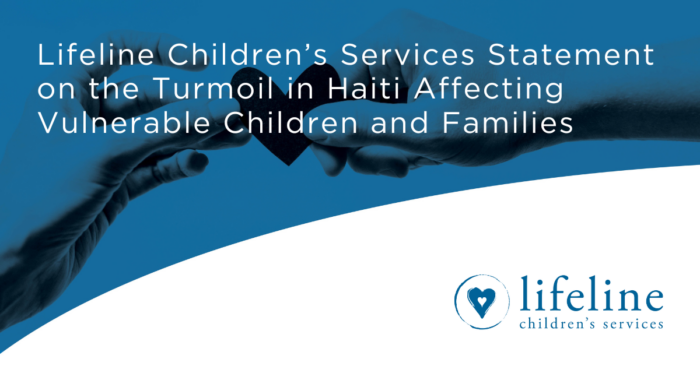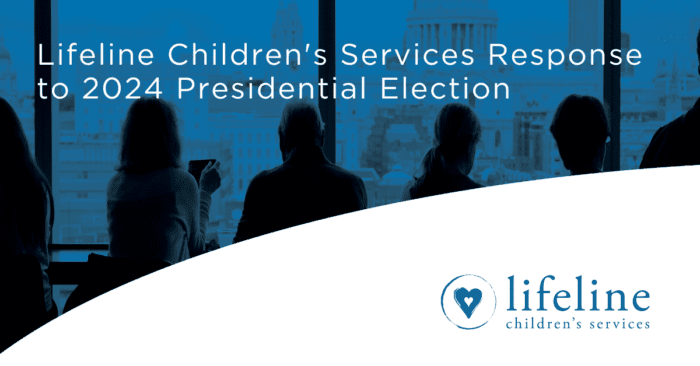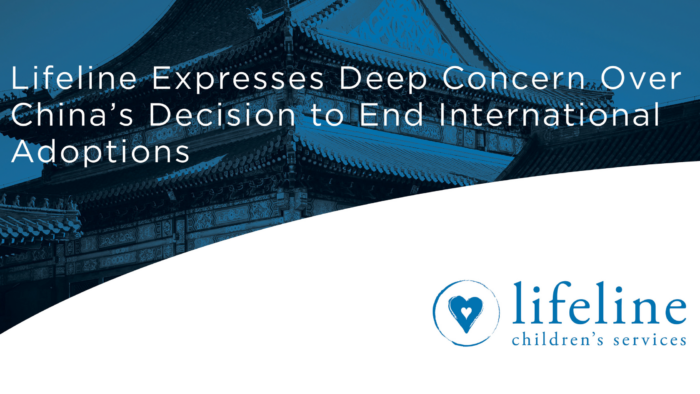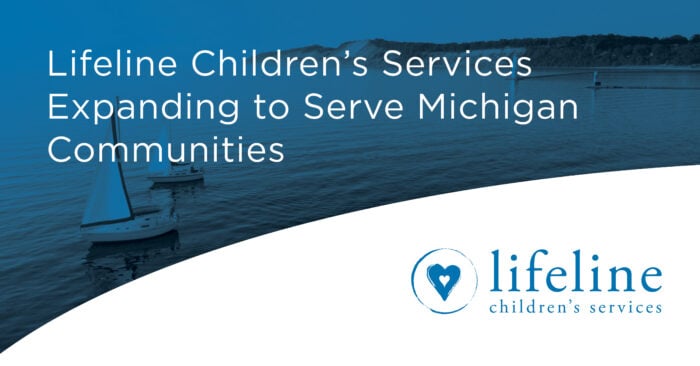By Neisha Roberts
A little girl from China. A 12-year-old boy from Colombia. A baby girl from Louisiana. Three siblings from Bulgaria.
God’s beautiful children across the world find their way home to their forever families through adoption. The process, although at times long and arduous, ends in a wonderfully woven tapestry of details that all lead to “family.”
When the time comes to select domestic or international adoption, and which specific country, every family’s story is unique.
Hannah Pearson, Lifeline Children’s Services’ international administrative coordinator, shared some of the distinctions between each program.
“Birth mother ministry is the heart of domestic adoption at Lifeline and families should be willing to have at least a semi-open adoption with facilitated communication between mom and family,” Hannah shared. Domestic adoption often is a good choice if a family feels called to adopt an infant, she said.
Lifeline serves Alabama, Georgia, Florida, Tennessee, South Carolina, North Carolina, Mississippi, and Texas through domestic adoption.
The 19 international countries where Lifeline partners often have strong domestic programs themselves, so the children in need of international adoption tend to be a bit older (18 months and up) and have some level of special need or circumstance, Hannah said.
“Lifeline works to support families throughout the home study to determine what they might be equipped for and prepare them through specific training and education,” she said.
Each country also has specific requirements and regulations for international adoption, so the best place to start is with Lifeline’s international inquiry specialist, program director, or other families who have adopted.
Lifeline family Daniel and Emily Murphy, currently matched with their little girl in India, shared how they were led to international adoption.
“We knew God was calling us to adopt first as we grew our family. It was always plan A, not plan B,” Emily shared.
When it came to international or domestic, Daniel shared how they understood the basics of the different processes and at the time, international seemed simpler to the Murphy’s in terms of timeline. In 2016, they were in their mid-20s and felt called and equipped for the new pilot program — Macedonia. The couple worked in education and in ministry, so they both had the ability and flexibility to be in-country for the month-long required trip to Macedonia, Daniel shared. They were also excited to help Lifeline break ground in the new program.
No Perfect Process
“Because we started in a pilot country, we really haven’t had any expectations,” Emily said. “Lifeline does a good job of reinforcing that. No two stories are the same and because we’ve tried to hold onto that foundation, we can be all about pursuing bringing a child home and not just focus on a perfectly planned out process.”
By 2018, the pilot program began to take shape and it was clear that Macedonia’s matching process was not conducive to international adoption within a reasonable timeframe. After a lot of prayer, the Murphy’s knew they were, above anything else, called to bring home a child. If there was not a reasonable chance to do that through Macedonia, they knew their energy and efforts could be better spent in another country.
“Lifeline did a great job of leading us through the decision and transition process,” Daniel said. “They didn’t encourage us to hang up our hat with Macedonia, but they just presented the data clearly to us so we could pray about the best next step for our family.”
So, the Murphy’s found themselves praying again for guidance to a specific country. It was the sheer number of orphans in India that stood out to them, Daniel said. The program was also new, but rather stable and active. “India’s paperwork had a few less asterisks than Macedonia,” he said jokingly.
Now the couple is matched with their daughter but are awaiting final documents and travel permission — all delayed because of COVID-19.
Emily said, “We’re still trusting the Lord and we know that He has us where He’s wanted us all along.”
As your family considers the options and prays about “where” God would have you adopt, Daniel encouraged, “Your family is uniquely positioned to do certain things and equipped with certain skill sets. As you look at those giftings and abilities, that helps narrow down the options of where you can best minister.”
Emily said, “Don’t be too quick to put yourself in a box either. Remember that it’s the Lord that equips, and we don’t equip ourselves. Whether it’s the country you’re choosing or the medical needs that you’re open to or not open to. At the end of the day these are children, whatever comes with them, who need a home and need a family. … But it’s much more than just that too. This process is about God’s Word coming alive and people knowing Jesus — whether through ministering to women in domestic adoption or ministering to a culture and country through international adoption.”




